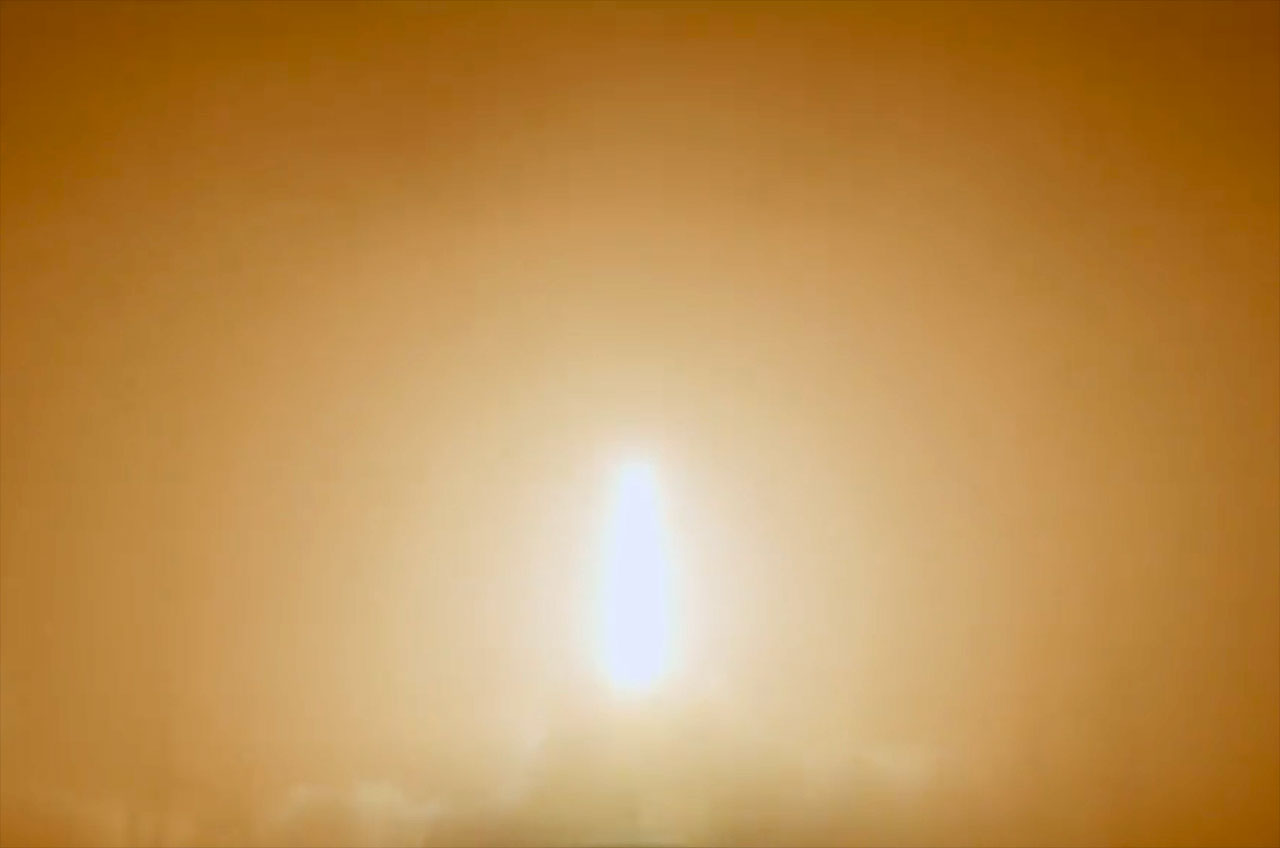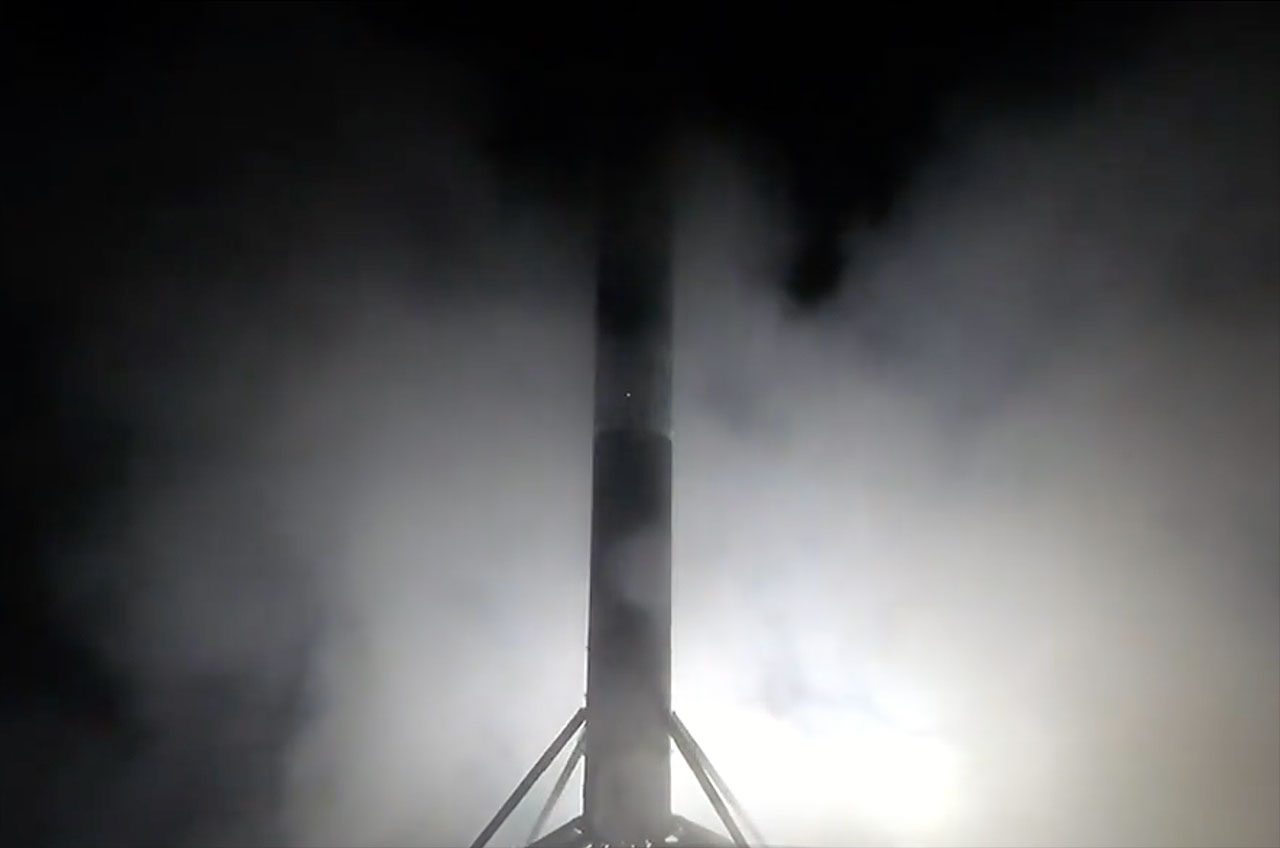
SpaceX is keeping its rapid launch cadence going.
The company launched yet another batch of 23 Starlink internet satellites at 6:56 p.m. ET (2356 GMT) on Monday (March 4) from Space Launch Complex 40 (SLC-40) at Cape Canaveral Space Force Station in Florida. Some eight minutes after liftoff, the flight's booster returned to the planet, landing on SpaceX's droneship dubbed "A Shortfall of Gravitas." The ship was waiting offshore in the Atlantic Ocean.
With the mission lifting off on time, and SpaceX having launched the Transporter-10 rideshare mission at 5:05 p.m. ET on Monday, three Falcon 9 rocket launches happened in a span of less than 24 hours. The third owes itself to the company's successful Crew-8 astronaut mission launch to the International Space Station on Sunday (March 3).
Related: Watch SpaceX launch 53 satellites on Transporter-10 rideshare mission today (video)

Monday's Starlink mission marked the 13th flight for this particular Falcon 9 first stage booster. The booster previously flew on eight other Starlink missions, the CRS-27 resupply mission to the ISS and a number of private launches including ispace's Hakuto-R lunar lander mission.
The mission was SpaceX's 21st Falcon 9 flight of 2024. It also marked 281 successful Falcon 9 booster landings.
SpaceX has been launching Starlink satellites with increasing regularity; before this mission, its most recent launch was on Feb. 29, Leap Day, when another 23 Starlink satellites made their way to space from Cape Canaveral Space Force Station.
The company is building a massive megaconstellation of Starlink satellites in low Earth orbit to provide wireless, high-speed internet access across the world, for both general consumer usage as well as for use in war zones or disaster areas.
The company currently has over 5,000 working Starlink satellites in orbit and has approval to launch up to 12,000.







